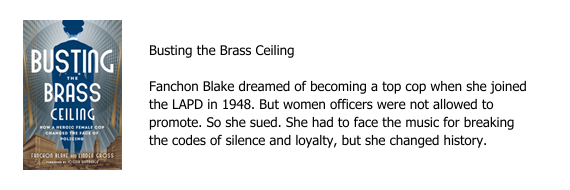 Often the difference between prose that dances and flies versus prose that falls flat lies in the details. I don’t mean the kind of writing details that a good copy editor will help correct. While that’s a critical component of professional, effective writing, I’m talking about descriptive writing details that bring your words to life.
Often the difference between prose that dances and flies versus prose that falls flat lies in the details. I don’t mean the kind of writing details that a good copy editor will help correct. While that’s a critical component of professional, effective writing, I’m talking about descriptive writing details that bring your words to life.
Whether you’re trying to write the next great American novel or marketing copy that sells, you need buy in from your readers. As I’ve discussed in my post title “Story-Showing Not Story-Telling“, saying that something or someone is pretty or ugly, for example, doesn’t provide any kind of a visual. These generic adjectives don’t allow readers to engage their imaginations or viscerally experience what you’re describing.
Evocative details that allow them to visualize what you’re writing about helps your readers put themselves into your story or your pitch. Instead of saying someone is attractive or impressive or a loser, for example, you want to describe him/her in a way that allows the reader to draw that conclusion. In short, you want to pinpoint those details that help impart a sense of your subject’s character and personality.
If you’re like most of us, however, you’re not used to noting this sort of revealing detail. So I have a challenge for you. This weekend find a crowded place where you can sit with pen and paper in hand and spend an hour people watching. But don’t just look. Observe and take notes about:
- Physical tells (think poker here)—from hair, eyes and any other body-related traits that stand out to how people hold themselves and move.
- Mannerism tells—from habits like bouncing their heels when they sit to speech characteristics.
- Clothing tells —from what they’re wearing to how they’re wearing it.
- Interactions tells—from who they converse with to how they interact and their mannerisms.
- Anything else that jumps out at you.
Did I say “take notes”? Okay, I’m now saying it for the third time. Take notes. It will help hone your eye. And your next challenge depends on it. Just remember that the whole object of this game is to get as specific as you can. So pretend that each person you’re watching is about to commit a crime and that you’ll need to describe him/her to the police. And next time you introduce a person in your writing, don’t leave the poor sucker in literary limbo. Bring him/her to life with writing details.



















0 Comments